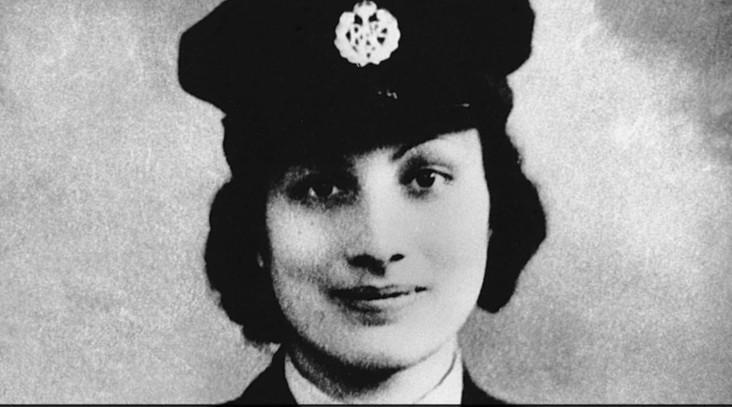
France Honours British Indian Spy & Tipu Sultan’s Descendant Noor
In a remarkable gesture, France has honoured Noor Inayat Khan, a descendant of Tipu Sultan and a World War II undercover British agent, with a commemorative postage stamp. This tribute makes Noor the only Indian-origin woman to receive such an honour. The recognition of Noor’s bravery and sacrifice is a testament to her extraordinary life and contributions to the war effort.
Noor Inayat Khan was born on January 1, 1914, in Moscow, Russia, to an Indian father and an American mother. Her father, Inayat Khan, was a musician and a Sufi teacher who belonged to the royal family of Tipu Sultan, the 18th-century ruler of Mysore. Noor’s early life was marked by travel and exposure to different cultures, as her family moved between Europe and Asia. She developed a passion for music, literature, and languages, becoming fluent in several languages, including French, German, and English.
As World War II broke out, Noor joined the Women’s Auxiliary Air Force (WAAF) in Britain, where she worked as a wireless operator. However, she soon became part of the Special Operations Executive (SOE), a secret organization that conducted espionage and sabotage operations behind enemy lines. Noor was trained as a spy and wireless operator, and in 1943, she was sent to occupied France to work with the French Resistance.
Noor’s time in France was marked by bravery and danger. She worked tirelessly to send vital information back to Britain, often using coded messages to evade detection by the Nazis. Despite the risks, Noor continued to work underground, helping to coordinate the activities of the French Resistance and providing crucial intelligence to the Allies. Her work was instrumental in disrupting Nazi operations and supporting the Allied invasion of Normandy.
Tragically, Noor’s bravery was ultimately her downfall. In 1944, she was arrested by the Nazis and subjected to intense interrogation and torture. Despite the brutal treatment, Noor refused to reveal any information about her fellow agents or the French Resistance. She was eventually sent to the Dachau concentration camp, where she was executed on September 13, 1944.
Noor’s sacrifice was not forgotten, and she was awarded several honours for her bravery. In 1949, she was posthumously awarded the Croix de Guerre, France’s highest civilian honour, for her services to the French Resistance. She was also awarded the George Cross, Britain’s highest civilian honour, in 1949. Now, with the release of the commemorative postage stamp, Noor’s legacy will be remembered by a new generation.
The postage stamp is a fitting tribute to Noor’s life and work. It features a portrait of Noor, along with a background image of the Eiffel Tower and the Union Jack. The stamp is a symbol of the strong bonds between France and Britain, as well as the contributions of Indian-origin individuals to the war effort.
Noor’s story is an inspiration to people around the world. Her bravery, selflessness, and dedication to the cause of freedom are a testament to the power of the human spirit. As we remember Noor’s life and legacy, we are reminded of the importance of standing up against oppression and fighting for what is right.
In recent years, Noor’s story has gained widespread recognition, with several books, films, and documentaries exploring her life and work. The release of the postage stamp is a welcome addition to these tributes, ensuring that Noor’s legacy will continue to inspire future generations.
In conclusion, the commemorative postage stamp honouring Noor Inayat Khan is a fitting tribute to a remarkable woman who gave her life for the cause of freedom. Her bravery, selflessness, and dedication to the war effort are an inspiration to us all, and her legacy will continue to be remembered for years to come.






